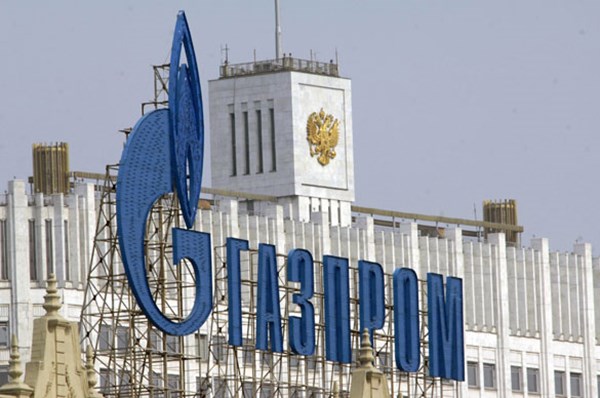Poland fines Gazprom for violating antitrust law
The Polish Office of Competition and Consumer Protection UOKiK (Urz'd Ochrony Konkurencji i Konsument) has fined Russian gas giant Gazprom 213 million zlotys, which is equivalent to $50 million USD.
The reason for imposing such a large fine was Gazprom's refusal to provide UOKiK with the data on contracts concluded by its subsidiary Nord Stream 2 with European companies financing the construction of the Nord Stream-2 gas pipeline. In November 2019, the French company Engie was fined 172 million zlotys for the "persistent and unreasonable refusal" to provide the requested documents regarding participation in the Nord Stream-2 gas pipeline project. At that time, UOKiK called the fine the largest in its history, but Gazprom is now required to pay even more.
"Despite the legal obligation to cooperate with the chairman of UOKiK, the company did not provide the necessary information after the case was opened in May due to lack of cooperation, which should have been a warning signal for the company. In my view, this was a deliberate act aimed at hindering the proceedings. In this regard, it was decided to impose a fine of almost 213 million zlotys on Gazprom. This is the maximum sanction provided by the legislation for failure to provide information at the request of the chairman of UOKiK, which is equivalent to $50 million," said the head of UOKiK Tomasz Chróstny.
According to UOKiK, Gazprom had no intention of disclosing to Poland the contracts for the transfer, distribution, sale, supply, and storage of gas. The Polish regulator considers the fact that Gazprom did not apply for relevant information in the Russian Ministry of Energy as proof of this.
The Polish antitrust agency reminded that Polish law obliges companies from other countries to cooperate with UOKiK, including providing information and documents at its requests, as well as obtaining the special antitrust consent. UOKiK considers the agreement between Gazprom, Engie, Uniper, OMV, Shell and Wintershall on financing the construction of Nord Stream-2 a violation of legal procedures. The agency has submitted legal claims against all six companies because of this. UOKiK assured that Uniper, OMV, Shell and Wintershall are cooperating with the agency, including providing the documents and information requested from them.
"Gazprom's behavior certainly complicated our investigation, but the Russian company failed to block it. We have enough evidence, and we're finishing the analysis. This means that we are getting closer and closer to the completion of the case for the creation of a consortium responsible for financing the Nord Stream-2 gas pipeline without the consent of the chairman of UOKiK," Chróstny said.
Under Polish law, the penalty for violating the ban on "concentration" without the consent of UOKiK can be a fine of up to 10% of annual revenue. In addition, in order to restore competition in the market, the head of UOKiK may order the dissolution of the company over which antitrust violators exercise joint control, or sell, in whole or in part the shares of the entity which exert such control.
The construction of the 10 billion euro "Northern Stream 2" was stopped at the end of last December, with only 100 km of pipe remaining to be laid at the bottom of the Baltic Sea.
This forced Russian officials to come to the negotiating table with Ukraine and conclude a new transit contract, despite numerous promises to completely terminate it from 2020.
Russian President Vladimir Putin assured that Gazprom is able to complete the pipeline on its own and launch it at the latest in the first quarter of 2021.
The only vessel available to Gazprom, which is capable of laying pipes at the desired depth, Akademik Chersky, left the port of Nakhodka in February and on May 9 reached Europe, dropping anchor near the port of Mukran in Germany, where the logistics terminal of the gas pipeline project is located.
The port also houses the Fortuna tube-laying barge belonging to the Russian Company Mezhregiontruboprovodstroy, which the Danish authorities have deemed to be non-compliant with safety requirements. The vessel does not have a dynamic positioning system.
On May 2019, amendments to the Gas Directive came into force in Europe, which extend to offshore gas pipelines coming from third countries. According to EU rules, a company is forbidden to be both the gas supplier and the owner of the pipeline. For Gazprom, this means that it is impossible to use more than 50% of Nord Stream 2's capacity even if it is completed.
In May, the EU court rejected Nord Stream 2 AG's claim against the European Gas Directive, and Germany's Federal Network Agency denied it the exemption to the general rules.
